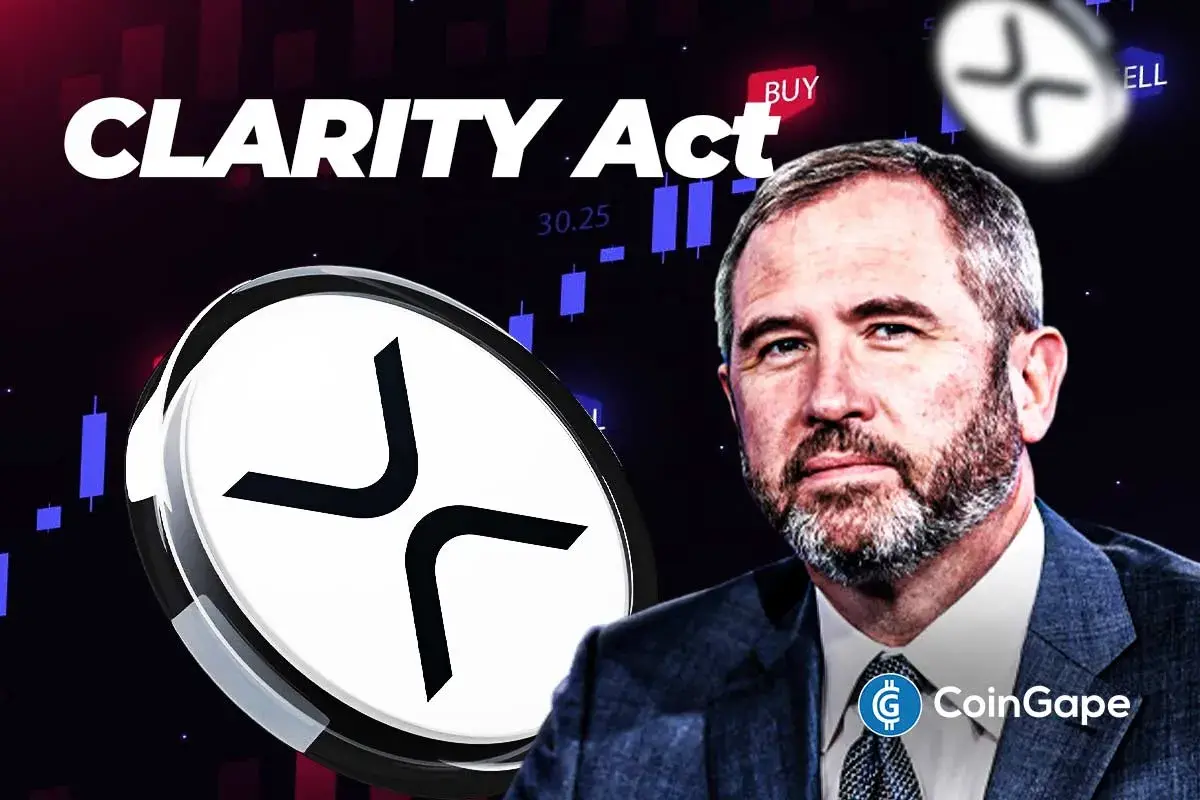Global Stablecoins: FSI Execs Reveal Blueprint For GSC Supervision

Highlights
- The FSI report unveils a slew of guidelines for proper supervision of global stablecoins.
- It also aims to reduce the usage of crypto in money laundering and terrorism.
- Furthermore, it emphasized the security of stablecoin data storage and management.
The Financial Stability Institute (FSI) recently released a comprehensive framework for the supervision of global stablecoins (GSCs). The recommendations by key executives of the FSI aim to address the regulatory challenges posed by the rise of GSCs across jurisdictions.
FSI Report On GSC Supervision
The framework, outlined in a report by the FSI, emphasizes the need for effective regulation, supervision, and oversight of GSC arrangements to mitigate risks and maintain market integrity. According to the report, authorities should possess the appropriate powers, tools, and resources to regulate and supervise global stablecoin arrangements comprehensively. This includes implementation of relevant laws and regulations to ensure the stability and security of the financial system.
Furthermore, the FSI underscores the importance of a technology-neutral approach in regulating global stablecoins, prioritizing the underlying activities and risks associated with these digital assets. Moreover, the framework advocates for comprehensive oversight requirements consistent with international standards, tailored to the specific functions and activities of GSC arrangements, and proportionate to their risks.
Cross-border cooperation, coordination, and information sharing are deemed essential by the FSI to foster efficient communication and support regulatory efforts across jurisdictions. In addition, the report emphasizes the need for enhanced collaboration domestically and internationally to ensure consistent regulatory outcomes and address potential regulatory arbitrage.
Governance structures and decentralized operations are highlighted as critical components of global stablecoin management. The FSI recommends that authorities mandate clear governance frameworks with defined lines of responsibility and accountability for all functions and activities within the GSC ecosystem.
Also Read: USDC Stablecoin Growth with Circle and Coincheck Deal in Japan
GSC Risk Management Guidelines
The report also stresses the importance of effective risk management, particularly concerning operational resilience, cybersecurity safeguards, anti-money laundering, and measures to counter the use of crypto in terrorism financing. GSC arrangements are urged to implement robust risk management frameworks consistent with jurisdictional regulations.
Data storage and access to data are addressed, with the FSI calling for robust frameworks for collection, storage, and security of data. Moreover, authorities should have access to data as necessary to fulfill regulatory mandates effectively.
Recovery and resolution plans are deemed necessary by the FSI to ensure the orderly resolution of GSCs in the event of financial crisis. Additionally, comprehensive disclosures are obligated to provide users and stakeholders with every information on the functioning, risks, and financial condition of the global stablecoin ecosystem.
Also Read: Tom Emmer Slams SEC’s Gary Gensler For Illegal Rulemaking Amid SAB 121 Controversy
- XRP Community Day: Ripple CEO on XRP as the ‘North Star,’ CLARITY Act and Trillion-Dollar Crypto Company
- Denmark’s Danske Bank Reverses 8-Year Crypto Ban, Opens Doors to Bitcoin and Ethereum ETPs
- Breaking: $14T BlackRock To Venture Into DeFi On Uniswap, UNI Token Surges 28%
- U.S. Jobs Report: January Nonfarm Payrolls Rise To 130k, Bitcoin Falls
- Arkham Exchange Shut Down Rumors Denied as Bear Market Jitters Deepen
- Ethereum Price at Risk of a 30% Crash as Futures Open Interest Dive During the Crypto Winter
- Ethereum Price Prediction Ahead of Roadmap Upgrades and Hegota Launch
- BTC Price Prediction Ahead of US Jobs Report, CPI Data and U.S. Government Shutdown
- Ripple Price Prediction As Goldman Sachs Discloses Crypto Exposure Including XRP
- Bitcoin Price Analysis Ahead of US NFP Data, Inflation Report, White House Crypto Summit
- Ethereum Price Outlook As Vitalik Dumps ETH While Wall Street Accumulates















